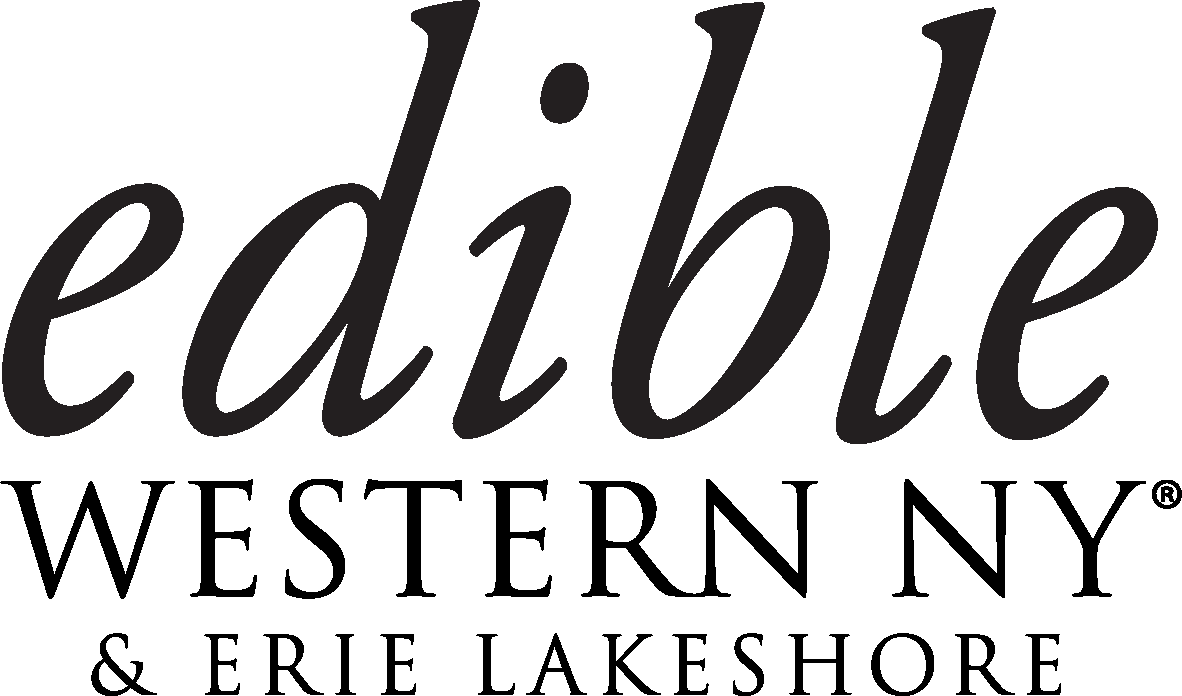American Farmland Trust Establishes Relief Fund
Farmers are innovators, but the shock of the pandemic has some scrambling to stay afloat.
Ask a farmer what his or her normal day looks like and you might get a puzzled look: Change is a constant when you are farming. The only thing certain is that each year will be different. Some of your efforts will succeed and some will fail. An obsession with experimentation and continual innovation is often what drives farmers to keep at it, even when the going gets tough.
In 2020, the COVID-19 crisis will challenge even the most resilient.
There’s been quite a bit of volatility over the last few years, with extreme weather events and trade disruptions, but nothing compares to the pain being caused by the coronavirus pandemic—especially for small and medium-size farmers that market directly to consumers through farmers markets or to schools, restaurants, caterers and makers of value-added products.
Many of the producers in the Rappahannock region of Virginia who participate in the American Farmland Trust Sustainable Grazing Project have seen their markets wiped out overnight.
Billy Salmon, owner Banks Mountain Beef, today has 70 brood cows on 450 acres and over a dozen calves on feed that will be ready for processing in 30–60 days. Billy direct-markets grass-fed, non-GMO-grain-finished beef to restaurants and butcher shops in Northern VA and DC. Billy’s sales dropped to zero with the COVID-19 outbreak.
“I don’t do this for the money. I do it for the love of farming. That’s what drives most of us,” said Billy. “But this is a tremendous shock. I certainly appreciated hearing from AFT’s Jacob Gilley, who I have been working with to implement regenerative farming practices in my beef operation, about the Farmer Relief Fund. “
The Relief Fund will provide cash grants of $1,000 to eligible farmers, beginning with small and mid-sized direct-market producers. AFT has focused on these producers, believing them to be the most immediately impacted as “social distancing” policies and the closure of restaurants, schools, farmers markets and other institutions keep them from selling to their usual customers. Eighty-five percent of these producers are classified as small farms and most are not covered by traditional farm safety nets, nor have they benefited from the recent market facilitation payments. All monies raised will go directly to farmers with the first round of fundraising closing out on April 23 for payout to farmers starting May 1. Applications in English and Spanish are live now.
Five of the seven pilot producers participating in the AFT’s Sustainable Grazing Project have diversified throughout the years, establishing direct-market mechanisms to capture more consistent value for the quality meat products they produce. Bean Hollow Grassfed, Lakota Ranch, Heaven’s Hollow Farm, Banks Mountain Beef and Chancellor’s Rock Farm are all reliant on direct marketing, especially to restaurants—which, of course, have been hit hard.
In typical farming fashioning, they are moving quickly to pivot their business model to focus on serving customers who are mostly confined at home—going online, setting up home delivery, making on-farm stores safe for customers. But this requires funds which are in short supply when market demand drops so drastically and day-to-day expenses go on relentlessly.
Banks Mountain Beef is hoping to revamp its online presence and create a platform to take online orders to offset the loss of restaurant business. Billy believes receiving $1,000 from the Farmer Relief Fund would most likely cover the cost.
Due to the COVID-19 pandemic, Lakota Ranch and Bean Hollow Grassfed have both adapted procedures for their on-farm stores, reducing the number of shoppers in the store at one time and implementing strict sanitation schedules to wipe down freezers and other frequently touched items within the store. Before the pandemic, Lakota Ranch had only taken a preliminary look at creating an online shopping option; now they say it is job one, hoping to quickly shift losses into sales.
“We are working hard to change how we do things in this time of social distancing and to provide our customers with safe access to the food while we keep the activities of the farm going,” said Jeremy Engh of Lakota Ranch. “The silver lining, I believe, is that there will more appreciation for the value of local food as we come out of this crisis and that means a brighter future for us all.”
To apply or donate, visit the American Farmland Trust website and click on Farmer Relief Fund, to learn more.




